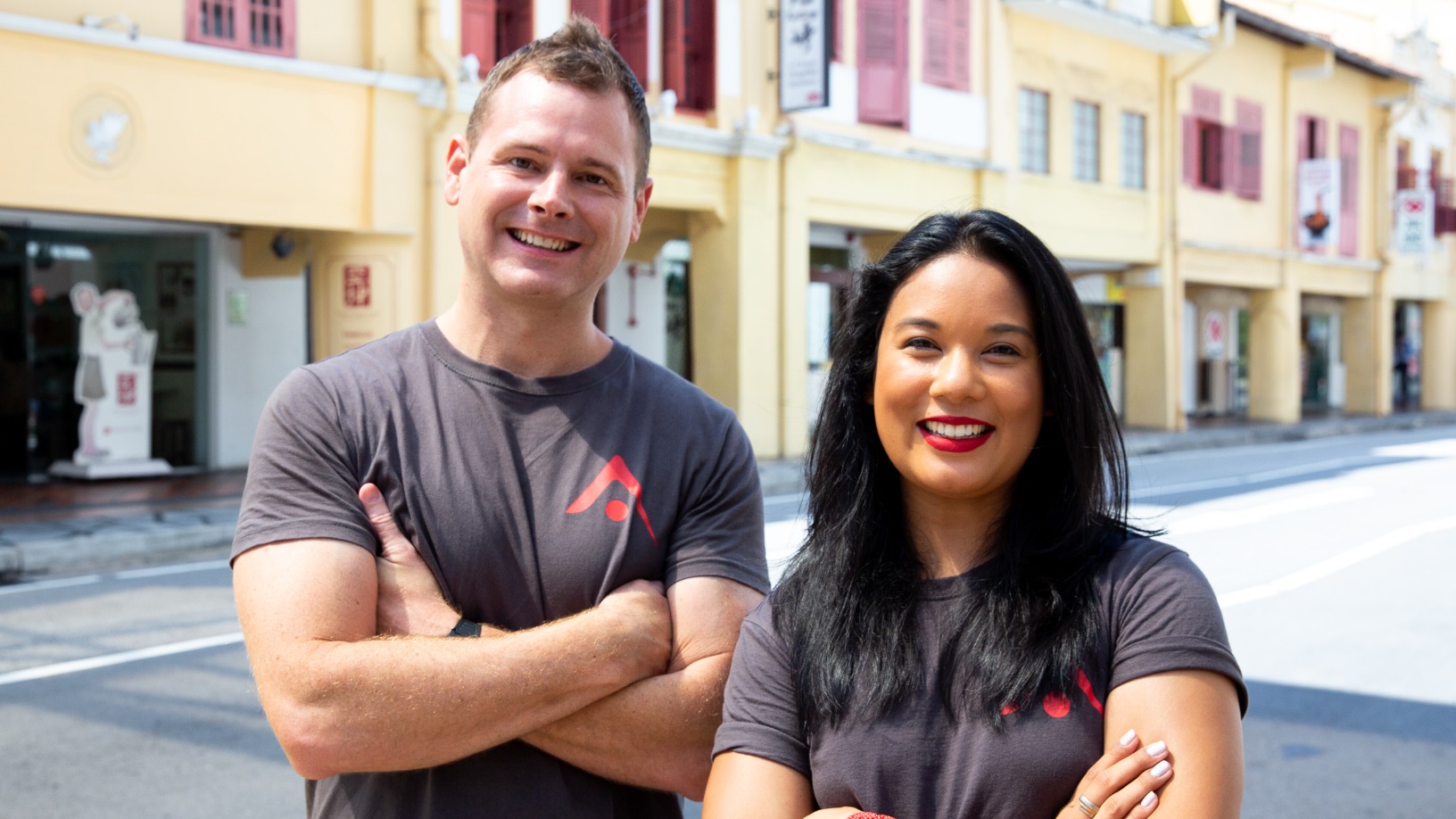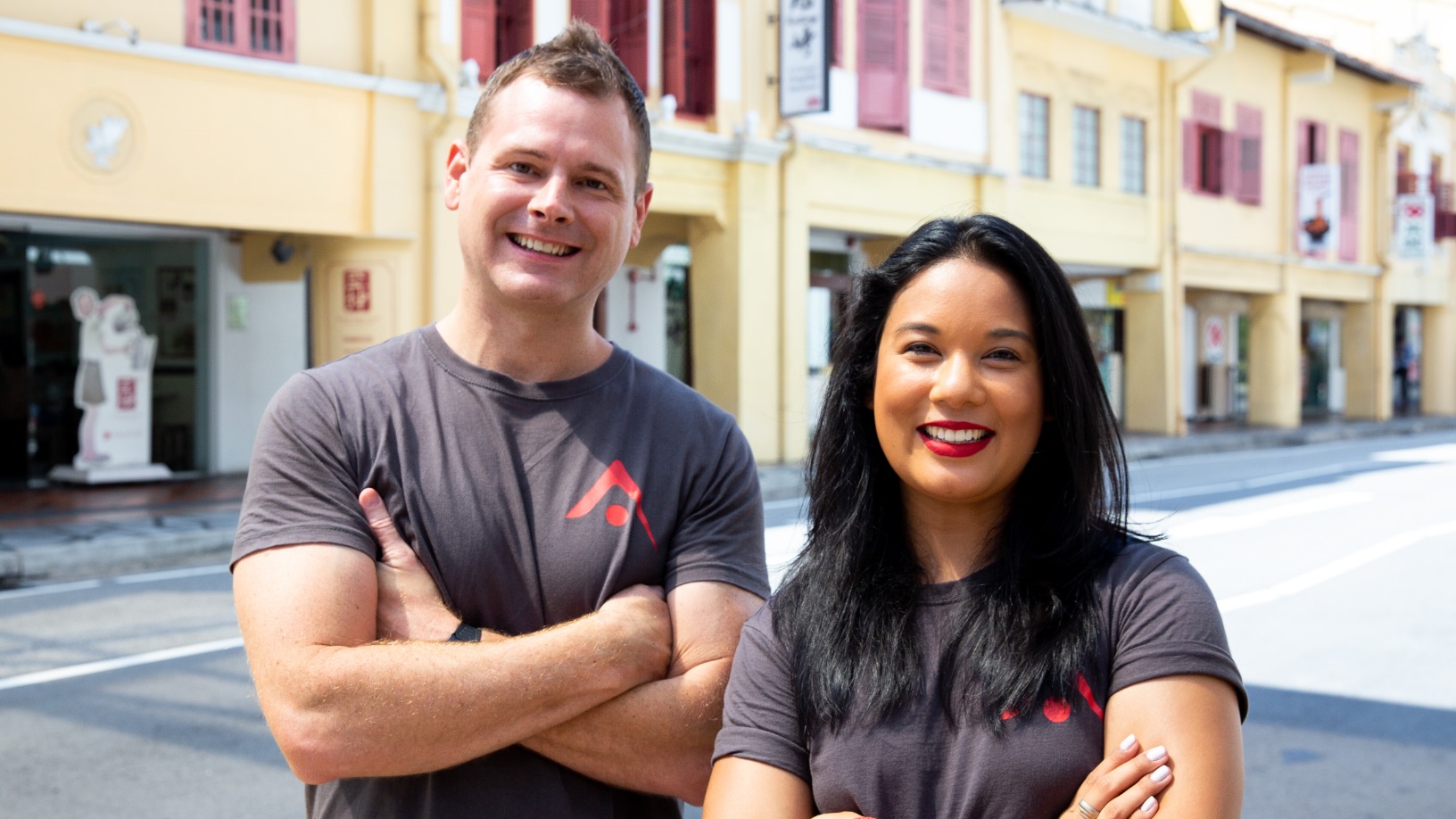A decade on, the startup ecosystems of Southeast and South Asia have begun their next phase of growth. Founders of successful startups are now investors, backing new businesses, while early employees of unicorns are launching their own, too. Singapore-based VC Accelerating Asia early this month created a second fund to invest in pre-Series A rounds as it expects dozens more unicorns from the region by 2025, despite uncertainties due to the pandemic.
The VC will begin deploying capital this year. Through its new $20m Fund II, it plans to increase the number of startups in the next cohort of its accelerator program; previously the largest group was its fourth batch of 11 companies. The investor will also increase its maximum ticket size to $250,000, from the previous ceiling of S$200,000 ($1=S$1.34).
“If we’re not investing in these early-stage entrepreneurs now, we’d be missing an opportunity. We can’t just wait for [Covid-19] case numbers to go down or for markets to open up for travel,” Amra Naidoo, General Partner and co-founder of Accelerating Asia, told CompassList in an interview.
Participation in the accelerator generates significant traction and investor interest, and so once startups complete the program, they would be on track to raise Series A funding within 6–12 months, she added.
Southeast Asia and South Asia have already produced more than 70 unicorns between them, with Indonesia’s payment gateway Xendit and Indian gaming platform Mobile Premier League being two recent entries. Still, Naido did note that many early-stage startups in the region aren’t ready yet to raise significant capital or scale their businesses for the long run.
Many still offer or operate their products and services manually, with loose corporate governance structures – key factors impeding these young startups from progressing to the growth stage, she said.
Accelerating Asia’s accelerator program will help companies deal with such barriers to growth. Applications for the sixth run of the program will open this December.
New normal, new approaches
Accelerating Asia has already secured around $10m in initial commitments for its second fund from its ecosystem partners, as well as from the limited partners of the first fund. Naidoo declined to name the returning investors.
Many industries in Southeast Asia and South Asia are accelerating a process of digitization, digitalization and transformation in response to the pandemic, she noted. This has been prompted by the realization that old approaches no longer work in the new normal.
One example of this is the logistics sector. “The increase in demand [for home delivery in the pandemic] has pushed logistics companies to look for solutions that can help them respond quickly, [as] manual approaches no longer allow for this," she said
Naidoo said Accelerating Asia regularly receives applications from logistics startups. To date it has invested in at least two: Web2ship, which helps SMEs reduce cross-border shipping costs through a group buy approach, and TransTrack, a logistics management platform that tracks vehicle fleet locations, calculates optimum routes, and even flags dangerous driving.
Healthcare is also another sector that used to be slow to change, but it has begun embracing new ways of doing things. Accelerating Asia’s portfolio companies like AmarLab, which brings diagnostic tests and health checkups to patients’ homes in Bangladesh, and Medlink, a Vietnamese B2B commerce platform for pharmaceuticals, are solving logistical issues for healthcare that have been created or worsened by Covid-19.
“The key is finding ways to bring care to the patients quicker and more efficiently,” Naidoo said.
To monetize, or not
The push for digitization and transformation is not only happening in large companies. A growing number of startups, such as Ula and BukuWarung, are also helping microbusinesses like neighborhood stores (known as “sari-sari” in the Philippines or “warung” in Indonesia) gain access to basic accounting features, inventory ordering and financial services, all within their apps.
Many of these services are offered for free, which may make it harder to monetize them, Naidoo agrees. However, she highlights that the startups’ other value-added services, such as connecting the users to banks or microfinance loans, provide high potential for monetization.
Instead of making money from the microbusinesses, she said, these startups monetize the data they provide to financial institutions. This data in turn improves the microbusinesses’ chances of securing financial support.
“Many of these microbusinesses are too small for traditional bank loans, but too big for microfinance institutions, so the risk of lending [to these businesses is] too high for both [categories of] financial institutions,” Naidoo said.
But with the startups’ services, “we now have the data on how these businesses are performing, so the risk of lending to them can be decreased.”
Real innovation is key
Although digitalizing offline, manual processes seems to be the flavor of the moment, Naidoo is wary of startups that don’t give meaningful change to old processes. She names mental health as one example.
“Many [mental health] startups are just apps that connect you to a therapist, but therapy is a very personal thing. How do you ensure that you’re making the right connections?” Naidoo said.
Accelerating Asia has received many applications from mental health and wellness startups, but noticed that most of them don’t have qualified mental health specialists in their founding teams and that most provide solutions of “superficial kinds of care,” she added.
Edtech is another sector where many startups are simply replicating the offline experience, she said. The solutions provided by these startups are simply Zoom calls or online lessons, which can be easily replaced by offline, in-person lessons when pandemic restrictions are lifted and schools reopen.
“Not many [edtech] startups are fundamentally reinventing how people learn and making it exciting, as opposed to delivering the same classroom experience online,” Naidoo said.
Also, edtech is a difficult business to monetize. “You obviously can’t charge the kids unless you’re offering your services to tertiary students or professionals, so you usually charge the schools or the parents, both of which are difficult,” Naidoo said.
While edtech startups might seek to gain a broad reach quickly by offering B2B products and services to schools, many schools don’t have the budget to use such services. At the same time, selling to parents means “competing with all the other things that parents need to think about when it comes to educating their kids,” she added.
Accelerating Asia has made just one investment into edtech so far, Joni.AI. The Singapore app analyzes students' level of understanding and competence in mathematics, and auto-generates questions and resources that help them improve. Teachers can also use the app to check each student's understanding of the topic after a lesson.
“Joni.AI's approach complements, rather than competes with, traditional face-to-face models,” Naidoo said, noting that the app gained traction even before the pandemic.
Greater ESG focus
As part of their strategy for the new fund, Accelerating Asia is developing a framework to measure and monitor the ESG impact of prospective portfolio startups. Naidoo said this is still at an early stage and declined to provide details, but acknowledged that this approach is a departure from the VC’s previous position that impact should not be measured with “checkboxes.”
“Knowing that the company’s business model can change over time, what kind of metrics are appropriate? It’s a bit messy right now, but hopefully we can announce something exciting once we figure it out,” Naidoo said. “For early-stage companies, we need to figure out the kinds of metrics that aren’t overkill, but can be tracked over a long period of time.”
Accelerating Asia has also committed to donate 1% of general partners’ profits from the new fund to charity, although it has yet to identify which charities or nonprofits to support. This comes as the VC joins global tech firms like Salesforce, Yelp, DocuSign and Atlassian in support of a global campaign called Pledge 1%, which encourages and empowers companies to dedicate equity, employee time, profits or products to non-profits.
Naidoo said Accelerating Asia’s 1% contribution will go to the development of initiatives that help solve important problems facing the region. “We believe that a lot of the region’s biggest challenges can be solved through entrepreneurship, but [that companies providing these solutions] might not [always be] for-profit,” she said.
“Just like the other entrepreneurs that we’ve worked with, these [non-profit] companies are diamonds in the rough that we want to polish.”
CORRECTION: This article previously misstated that the December batch would be the fifth run by Accelerating Asia’s accelerator program.











